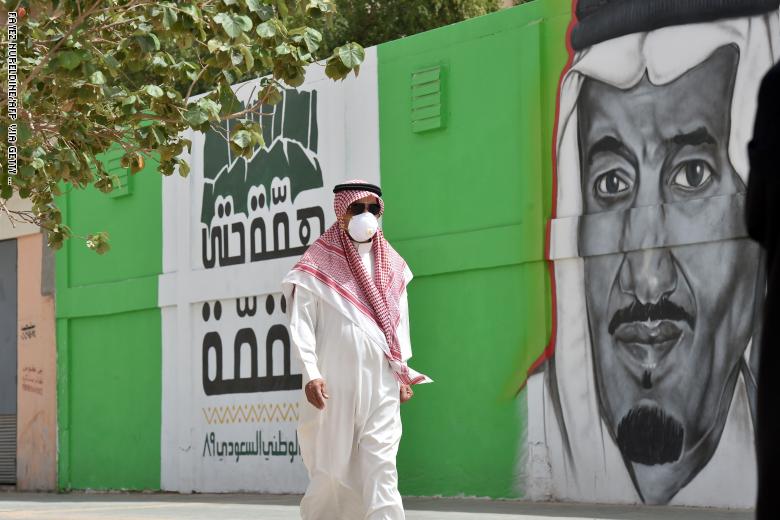
Amidst rapidly escalating international fears regarding Covid-19, a group of United Nations human rights experts released a statement on Monday reminding governments that “… any emergency responses to the coronavirus must be proportionate, necessary and non-discriminatory.” Echoing this sentiment, the European Saudi Organization for Human Rights (ESOHR) highlights its unease regarding the situation in Saudi prisons, which are presently overpopulated and represent easy vectors for viral transmission. This concern is compounded by the Saudi government’s disregard for the rights of prisoners, and its failure to take direct steps to reduce the dangerous effects of the virus.
ESOHR maintains substantial apprehension regarding how the epidemic will affect Saudi prisoners. The Saudi government is notoriously opaque regarding its prison population, and no firm data is publicly available regarding prison overpopulation. Nevertheless, according to ESOHR information, many Saudi prisons remain extremely overcrowded, and represent exactly the type of situation in which an epidemic may easily and quickly spread to infect an entire population. There are often not enough beds in Saudi prisons to accommodate all prisoners, and many prisoners take turns sleeping on the floor.
A video leaked from inside a Saudi prison in 2013 showed what local attorneys describe as “normal” conditions in Saudi Arabia, which they say has only further deteriorated in the seven years since the video was released. The video shows a room of about 30 square meters (322 square feet), in which at least 80 people can be counted. Such conditions will undoubtedly be fatal when coronavirus eventually infects the prison.
Beyond overcrowding conditions, prison policies concerning medicine are equally concerning. Prison staff are notorious for denying prisoners access to routine healthcare, and in many cases prisoners that have lifelong medical problems, like diabetes or hypertension, are refused access to treatment. Persons such as these have been identified by the World Health Organization as being extremely vulnerable to Covid-19 even in the best conditions – their conditions already being complicated by Saudi prison policies virtually ensures their fates.
Furthermore, there remain large numbers of persons imprisoned for political offences in Saudi Arabia – a type of person that should not be imprisoned in the first place, and represents no threat to Saudi society. Such prisoners should be prime candidates for early release in the face of the crisis, to ease overcrowding concerns and reduce transmission vectors.
Although the United Nations has issued warnings concerning the potential effects of COVID-19, especially in prison settings, ESOHR is not aware of any steps undertaken by the government to combat the virus’s effects on the incarcerated. According to the available information, ESOHR confirms that the government has not yet begun to reduce prison overcrowding, nor to provide the necessary medical care to those in its prisons.
